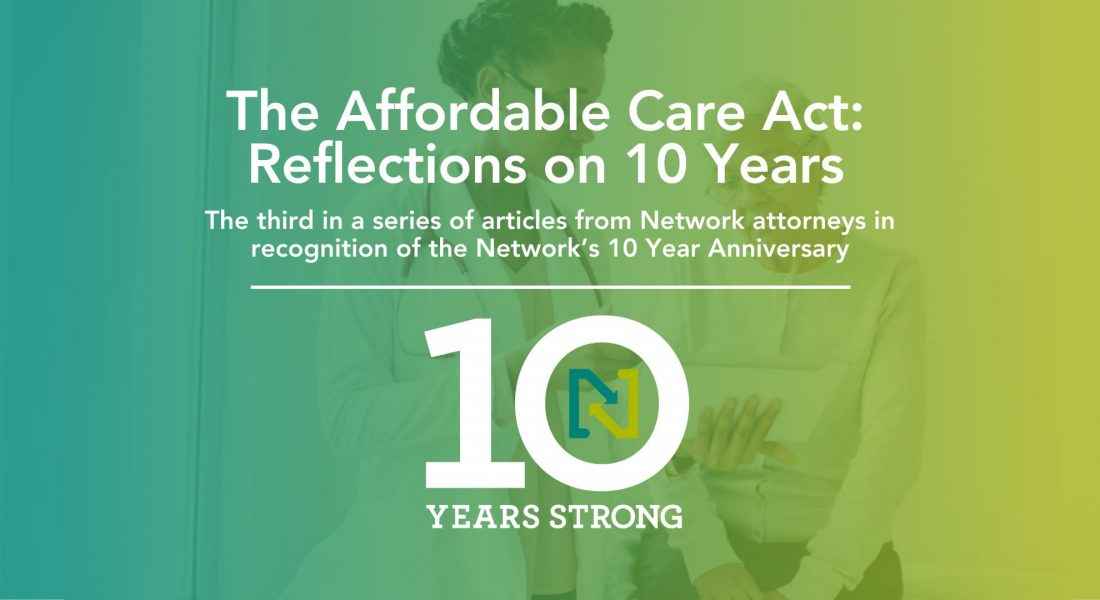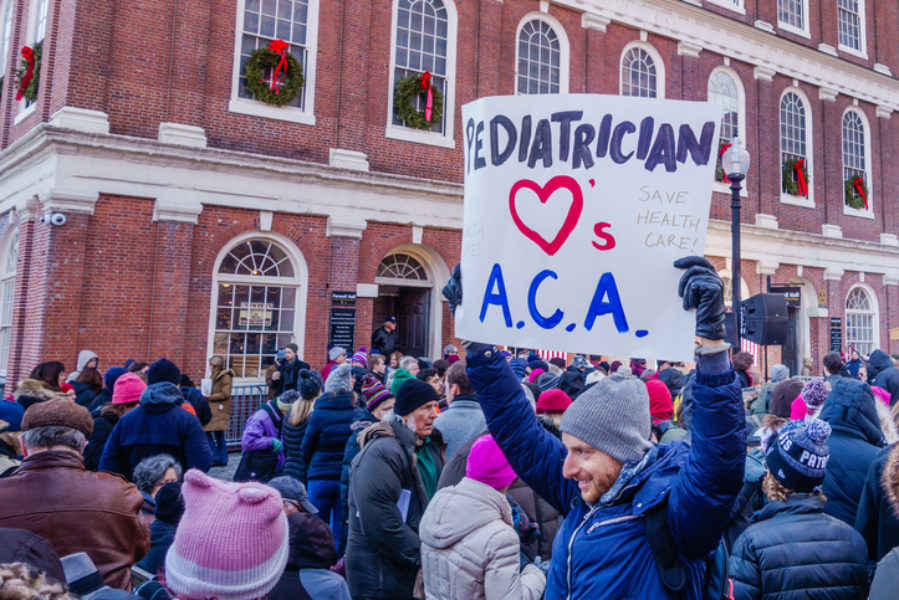
New Regulations Take on the Long-Standing Problem of Access to Services in Medicaid Programs
Law & Policy InsightsMedicaidHealth and Health CareMedicaid access has long been identified as a weakness of the Medicaid and Children’s Health Insurance programs. A number of new regulations released by the federal Centers for Medicare & Medicaid Services aim to improve access to care. The rules make changes to both fee-for-service and managed care systems, with additional provisions to advance health equity and improve home and community-based services.











